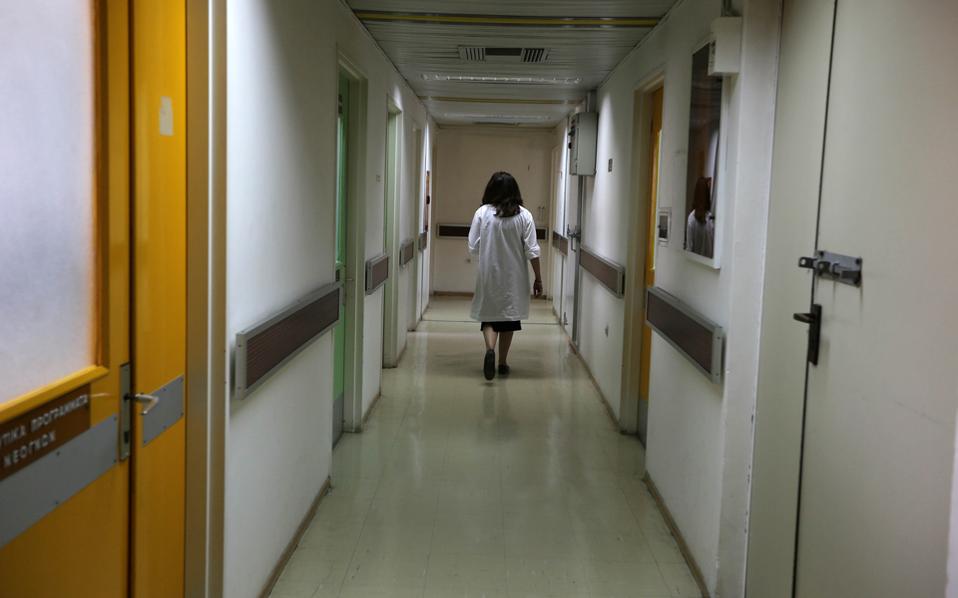An exodus of public health personnel
Many younger hospital doctors and nurses looking for less stressful jobs or better pay abroad

Retirements of qualified personnel, lack of sufficient hirings to replace them and the migration of mostly young doctors, combined with the exodus of other personnel well ahead of retirement, are threatening the quality of care at state hospitals, health workers say.
This Monday, at Evangelismos Hospital in central Athens, one of the pillars of Greece’s National Health System (ESY), it was announced that 24 unit heads retired or left at the end of 2022.
“This number is astonishing. You cannot replace that personnel,” Dr Giorgos Boulbasakos, a lung specialist and one of the 24, told Kathimerini. There is currently a call for 11 doctor positions for the hospital.
Boulbasakos adds that he made a conscious effort to leave his lung clinic with a good age spread of doctors. But, in 90% of clinics, he says, the personnel is top-heavy, with a lot of directors, a lot of personnel on temporary contracts and few permanent doctors.
About 700-750 doctors leave ESY every year, either because of retirement or to shift to private practice. Actually, for every retiring doctor, another resigns, according to official data. Of the 19,921 doctors currently employed in public hospitals, slightly less than half (49%) are permanent.
At Nikaia Hospital, another major state institution, there are 129 permanent doctors aged 55 and over, 59 aged 50-54 and 51 under 50. The public health system is aging fast.
A report by the Organization for Economic Cooperation and Development (OECD) notes that 6,800 graduates of Greek medical schools work abroad; it does not account for the many that went abroad to study and stayed there; some did their residency in Greece, intending to return, then changed their mind.
The situation is dire as far as nurses and auxiliary medical personnel are concerned. Some also seek better pay and opportunities abroad; others transfer to other institutions, such as schools, desk jobs in the public sector, or the private sector. This trend accelerated during the Covid-19 pandemic, with many of those changing jobs citing burnout. Greece has an average of 0.4 nurses per hospital bed, compared to 2.03 in OECD member-countries. Their average age is 50, compared to 35-37 in most EU countries.
“The average age continuously inches up,” says Georgios Avramidis, head of the medical staff union. “A tired personnel who feel devalued,” he adds.





